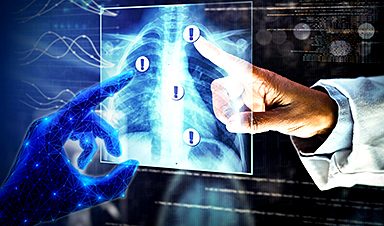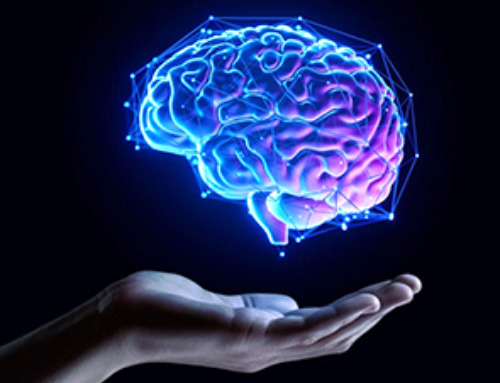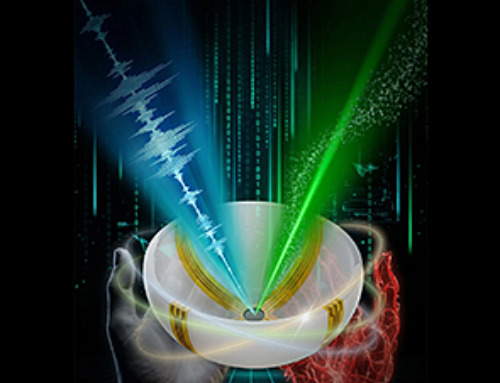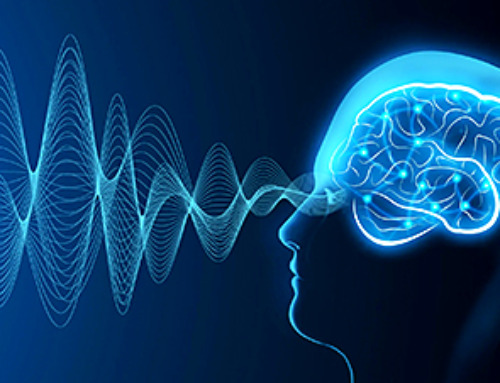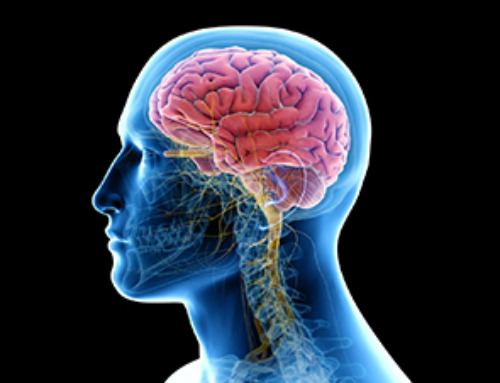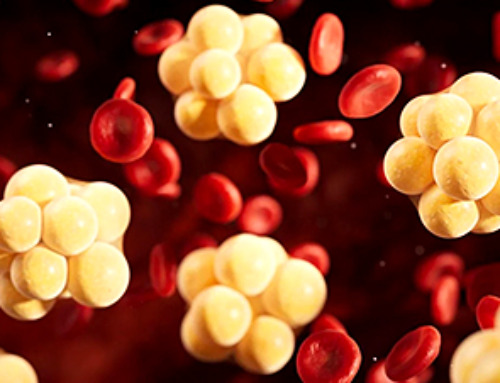While Artificial Intelligence (AI) can be a powerful tool that physicians can use to help diagnose their patients and has great potential to improve accuracy, efficiency and patient safety, it has its drawbacks. It may distract doctors, give them too much confidence in the answers it provides, and even lead them to lose confidence in their own diagnostic judgement.
To ensure that AI is properly integrated into healthcare practice, a research team has provided a framework comprising five guiding questions aimed at supporting doctors in their patient care while not undermining their expertise through an over-reliance on AI. The framework was recently published in the peer-reviewed Journal of the American Medical Informatics Association.
This paper moves the discussion from how well the AI algorithm performs to how physicians actually interact with AI during diagnosis. This paper provides a framework that pushes the field beyond ‘Can AI detect disease?’ to ‘How should AI support doctors without undermining their expertise?’ This reframing is an essential step toward safer and more effective adoption of AI in clinical practice.”
Dr. Joann G. Elmore, senior author, professor of medicine in the division of general internal medicine and health services research and Director of the National Clinician Scholars Program at the David Geffen School of Medicine at UCLA
While AI-related errors happen, no one really knows why these tools can fail to improve diagnostic decision-making when implemented into clinical practice.
To find out why, the researchers propose five questions to guide research and development to prevent AI-linked diagnostic errors. The questions to ask are: What type and format of information should AI present? Should it provide that information immediately, after initial review, or be toggled on and off by the physician? How does the AI system show how it arrives at its decisions? How does it affect bias and complacency? And finally, what are the risks of long-term reliance on it?
These questions are important to ask because:
- Format affects doctors’ attention, diagnostic accuracy, and possible interpretive biases
- Immediate information can lead to a biased interpretation while delayed cues may help maintain diagnostic skills by allowing physicians to more fully engage in a diagnosis
- How the AI system arrives at a decision can highlight features that were ruled in or out, provide “what-if” types of explanations, and more effectively align with doctors’ clinical reasoning
- When physicians lean too much on AI, they may rely less on their own critical thinking, letting an accurate diagnosis slip by
- Long-term reliance on AI may erode a doctor’s learned diagnostic abilities
The next steps toward improving AI for diagnostic purposes are to evaluate different designs in clinical settings, study how AI affects trust and decision-making, observe doctors’ skill development when AI is used in training and clinical practice, and develop systems that self-adjust how they assist physicians.
“AI has huge potential to improve diagnostic accuracy, efficiency, and patient safety, but poor integration could make healthcare worse instead of better,” Elmore said. “By highlighting the human factors like timing, trust, over-reliance, and skill erosion, our work emphasizes that AI must be designed to work with doctors, not replace them. This balance is crucial if we want AI to enhance care without introducing new risks.”
Co-authors are Tad Brunyé of Tufts University and Stephen Mitroff of George Washington University.
The research was supported by the National Cancer Institute of the National Institutes of Health (R01 CA288824, R01 CA225585, R01 CA172343, and R01 CA140560).
News
Smaller Than a Grain of Salt: Engineers Create the World’s Tiniest Wireless Brain Implant
A salt-grain-sized neural implant can record and transmit brain activity wirelessly for extended periods. Researchers at Cornell University, working with collaborators, have created an extremely small neural implant that can sit on a grain of [...]
Scientists Develop a New Way To See Inside the Human Body Using 3D Color Imaging
A newly developed imaging method blends ultrasound and photoacoustics to capture both tissue structure and blood-vessel function in 3D. By blending two powerful imaging methods, researchers from Caltech and USC have developed a new way to [...]
Brain waves could help paralyzed patients move again
People with spinal cord injuries often lose the ability to move their arms or legs. In many cases, the nerves in the limbs remain healthy, and the brain continues to function normally. The loss of [...]
Scientists Discover a New “Cleanup Hub” Inside the Human Brain
A newly identified lymphatic drainage pathway along the middle meningeal artery reveals how the human brain clears waste. How does the brain clear away waste? This task is handled by the brain’s lymphatic drainage [...]
New Drug Slashes Dangerous Blood Fats by Nearly 40% in First Human Trial
Scientists have found a way to fine-tune a central fat-control pathway in the liver, reducing harmful blood triglycerides while preserving beneficial cholesterol functions. When we eat, the body turns surplus calories into molecules called [...]
A Simple Brain Scan May Help Restore Movement After Paralysis
A brain cap and smart algorithms may one day help paralyzed patients turn thought into movement—no surgery required. People with spinal cord injuries often experience partial or complete loss of movement in their arms [...]
Plant Discovery Could Transform How Medicines Are Made
Scientists have uncovered an unexpected way plants make powerful chemicals, revealing hidden biological connections that could transform how medicines are discovered and produced. Plants produce protective chemicals called alkaloids as part of their natural [...]
Scientists Develop IV Therapy That Repairs the Brain After Stroke
New nanomaterial passes the blood-brain barrier to reduce damaging inflammation after the most common form of stroke. When someone experiences a stroke, doctors must quickly restore blood flow to the brain to prevent death. [...]
Analyzing Darwin’s specimens without opening 200-year-old jars
Scientists have successfully analyzed Charles Darwin's original specimens from his HMS Beagle voyage (1831 to 1836) to the Galapagos Islands. Remarkably, the specimens have been analyzed without opening their 200-year-old preservation jars. Examining 46 [...]
Scientists discover natural ‘brake’ that could stop harmful inflammation
Researchers at University College London (UCL) have uncovered a key mechanism that helps the body switch off inflammation—a breakthrough that could lead to new treatments for chronic diseases affecting millions worldwide. Inflammation is the [...]
A Forgotten Molecule Could Revive Failing Antifungal Drugs and Save Millions of Lives
Scientists have uncovered a way to make existing antifungal drugs work again against deadly, drug-resistant fungi. Fungal infections claim millions of lives worldwide each year, and current medical treatments are failing to keep pace. [...]
Scientists Trap Thyme’s Healing Power in Tiny Capsules
A new micro-encapsulation breakthrough could turn thyme’s powerful health benefits into safer, smarter nanodoses. Thyme extract is often praised for its wide range of health benefits, giving it a reputation as a natural medicinal [...]
Scientists Develop Spray-On Powder That Instantly Seals Life-Threatening Wounds
KAIST scientists have created a fast-acting, stable powder hemostat that stops bleeding in one second and could significantly improve survival in combat and emergency medicine. Severe blood loss remains the primary cause of death from [...]
Oceans Are Struggling To Absorb Carbon As Microplastics Flood Their Waters
New research points to an unexpected way plastic pollution may be influencing Earth’s climate system. A recent study suggests that microscopic plastic pollution is reducing the ocean’s capacity to take in carbon dioxide, a [...]
Molecular Manufacturing: The Future of Nanomedicine – New book from Frank Boehm
This book explores the revolutionary potential of atomically precise manufacturing technologies to transform global healthcare, as well as practically every other sector across society. This forward-thinking volume examines how envisaged Factory@Home systems might enable the cost-effective [...]
New Book! NanoMedical Brain/Cloud Interface – Explorations and Implications
New book from Frank Boehm, NanoappsMedical Inc Founder: This book explores the future hypothetical possibility that the cerebral cortex of the human brain might be seamlessly, safely, and securely connected with the Cloud via [...]
